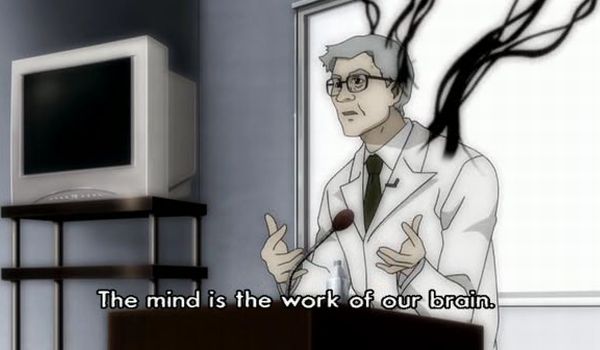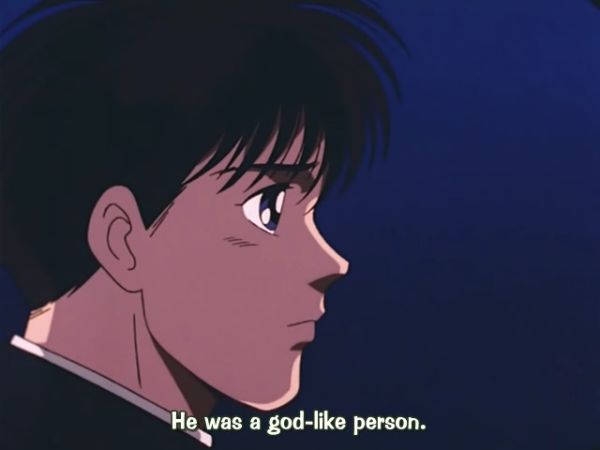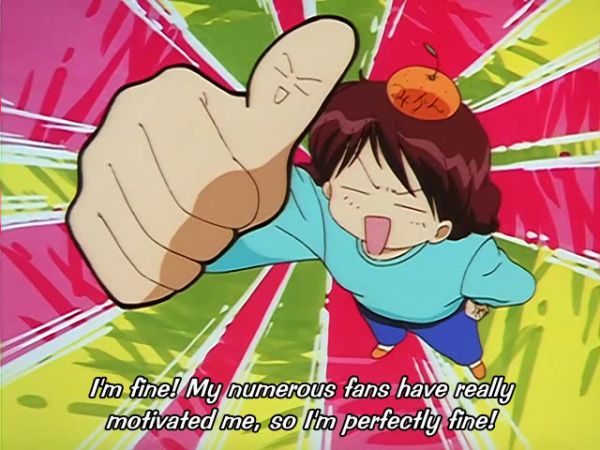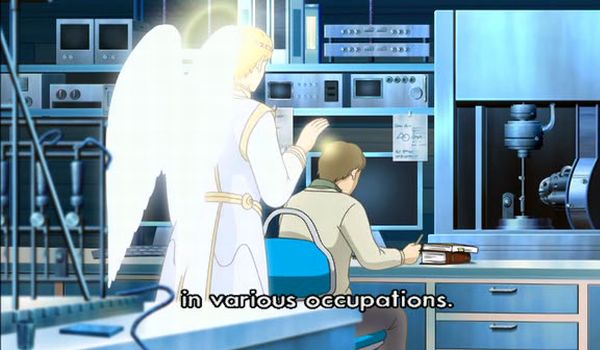“The mind is the work of our brain” – this theory is currently accepted as truth by most Scandinavians. Viewed generously, this can be likened to saying that “Windows is the work of the computer”. Given the many great realms open to the human mind, however, it is more like saying that air is the work of the lungs or that dry land came into being because the fish evolved legs. But when you don’t have a realistic alternative…
This is not the first time in history that atheism is surging here in Scandinavia. Much the same happened a bit over 1000 years ago, as Christianity was replacing the old Norse religion. According to a saga writer who saw the tail end of that period, many of those who had been brought up in the old religion and saw it discredited, did not latch on to the new. Rather, they “believed only in their own strength”.
This is not hard to understand. If there are a lot of people who don’t believe in Odin and Thor, why should I? But if my ancestors lived for generations without even having heard of the White Christ, why should I bother with him?
It is the same today. For the first time in history, many different religions from various times and places all show up at the same time, and people reasonably think that they can’t all be right, so why should any one of them be right? It seems only logical.
But this logic can also be reduced to the absurd. For the same bringing together of the world has also shown us many languages: Some big, some small, some easy to learn and some quite obscure. Â If most people in the world don’t speak my language, why should I? Â And why should I adopt another language, if most people don’t even understand it, much less use it? Indeed, when humans can’t agree on a language, why should I speak at all?
Now arguably, you cannot survive without speaking (though some monks might disagree). You can survive without religion. But most people don’t speak merely for their survival, but because it is a genuine expression of human nature.
I have a theory – it is not a revelation, merely a speculation – as to why atheism has surged so much more in northern Europe than in the USA. I believe it comes, this time again, from the sudden transition.
If you remember the theory of Spiral Dynamics, you will know that different people have different levels of complex thinking. What we call higher levels are such that can handle a more complex worldview. This change started rather earlier in the USA and has continued at a gradual pace. The USA has, for instance, still a large “Blue” segment that believes in religious myth in a literal way, and values obedience to authorities with no need for understanding. This is generally considered shamefully primitive in the Nordic countries, where the norm now is to be Green (postmodern) in theory and Orange (capitalist) in practice.
Because the Nordic countries (and the Netherlands) have experienced such a rapid “lift” in complex worldview, it is natural that people find their childhood religion primitive and even caricature-like. Â Furthermore, the Nordic countries had very little religious diversity to start with. Each had a national Lutheran church that counted some 95% of the population. In this comfortable near-monopoly, the churches may have seen little point in changing until it was too late, and then mainly by becoming generally permissive, rather than attempting to meet intellectual challenges.
People whose heads are now in the postmodern world have available a religion suitable for the 18th century, with God as an enlightened monarch at best. Not that there is anything wrong with that – for the people who have a worldview to fit. Â Like water takes the form and size of the container, so also religion will take the form of the mind in which it is contained. But here the water of religion was frozen in a form badly suited to the postmodern mind. Naturally this led to a wholesale rejection of traditional religion.
Lately, New Age spirituality seems to be growing in this area, presumably as an attempt to fill the religious vacuum. But being vague and mixed with many kinds of superstition, it is unlikely to fill the role of religion. What will, I don’t know yet. But history suggests that humans will naturally return to a religion that fits their level of development.










